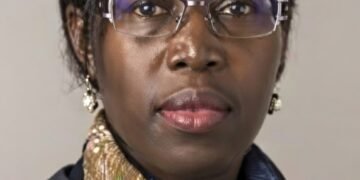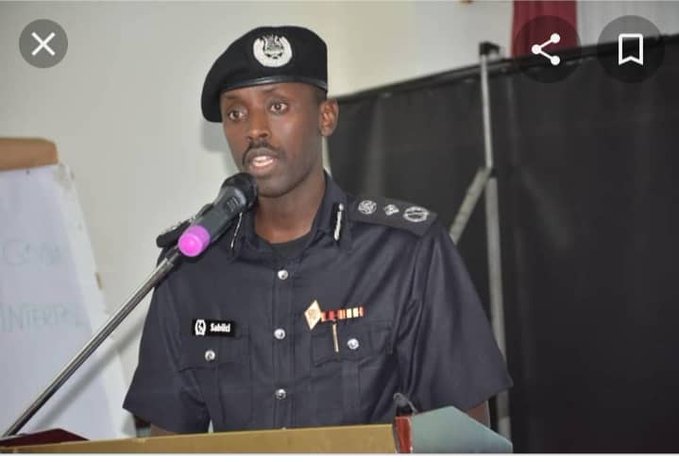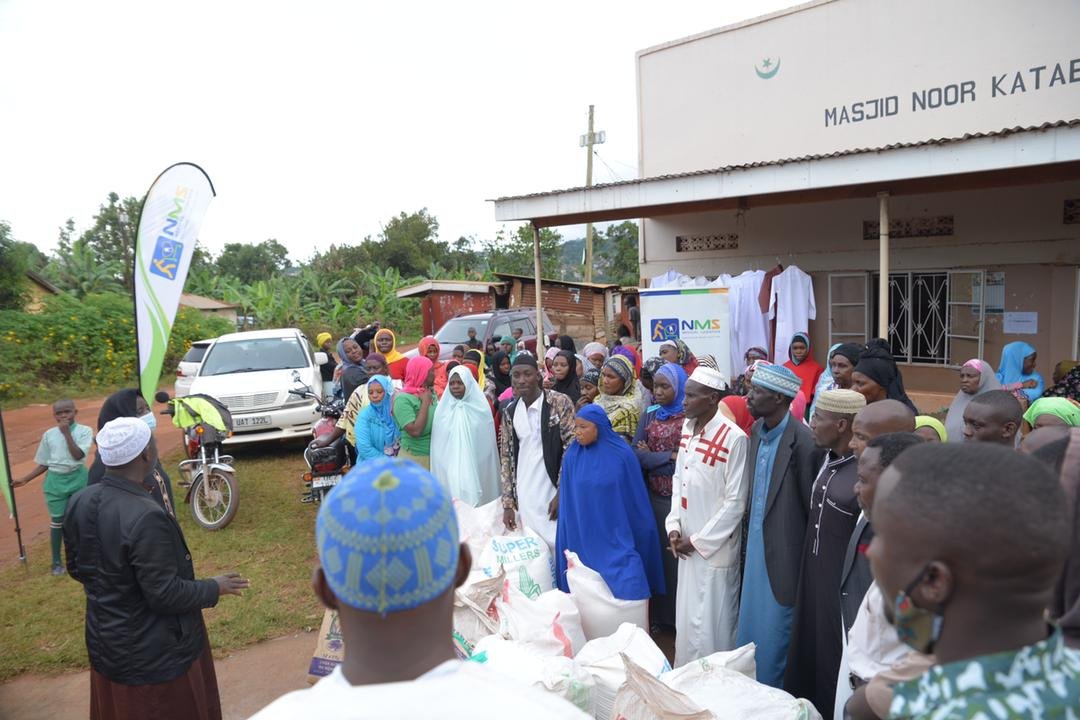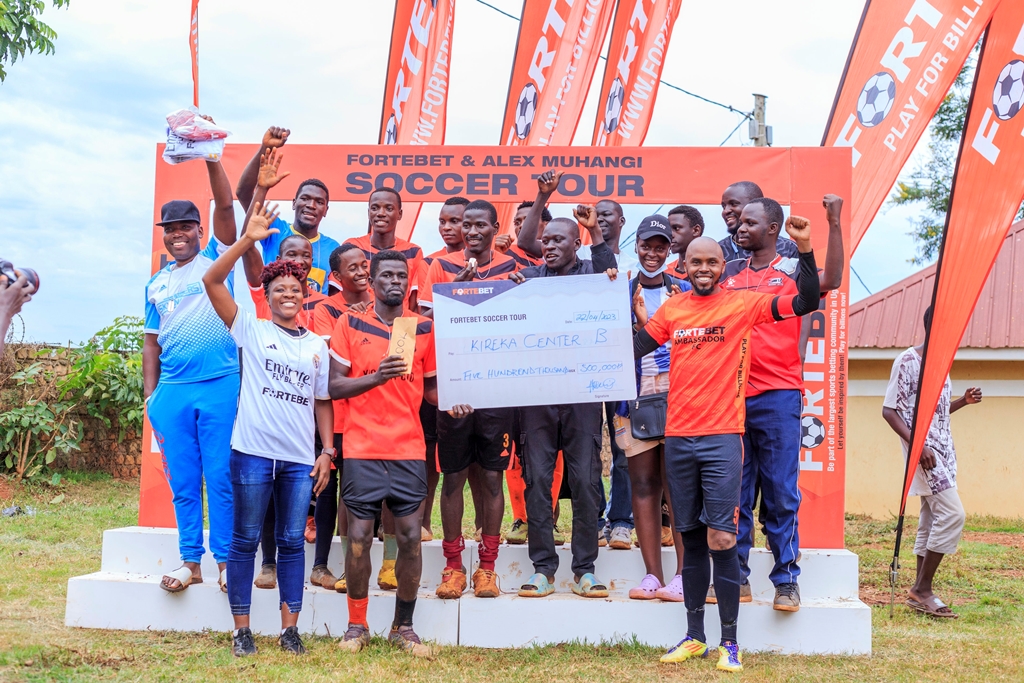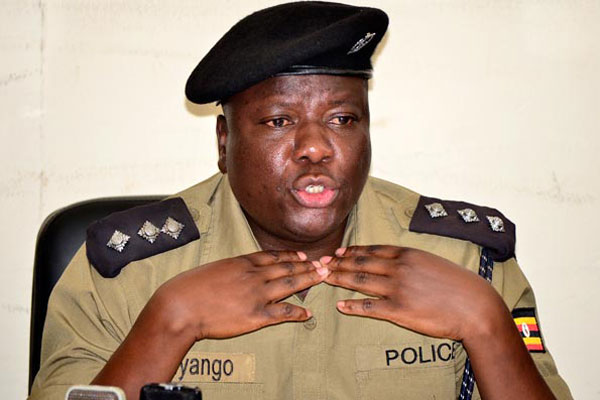The Minister of Education Janet Museveni says there will be no more Nursery/Kindergarten school until the COVID19 crisis is over. Children will now start school in Primary 1 at 5 years old.
Janet Museveni says, apart from candidates who will sit for UNEB exams, there will be no exams for the rest of the classes. Progression for other classes will be evaluated on attendance and a cumulative assessment.
She said this on Friday while unveiling the ministry’s plan to reopen schools following the disturbance caused by COVID19
BELOW IS HER FULL SPEECH
On 18th March 2020, Government directed all education institutions to close with effect from 20th March, 2020 to manage the spread of the Covid19. This was a necessary action for a number of reasons:
- Covid-19 was a new, but serious disease that we knew little about other than it was highly infectious and spread through social contact.
- We could not risk our young people by keeping them in schools without having plans in place to keep them safe.
- We needed time to prepare our schools to manage the pandemic.
In response to this emergency situation, we developed and started implementing the Education Sector Covid-19 Response Plan. This plan has helped us to achieve two important things:
- We have ensured continuity of learning for learners while they are at home through distribution of printed home-study materials and delivering broadcast lessons on radio and TV for primary and secondary learners. For higher institutions of learning, we have had to adopt distance and online learning.
- We have used this period to prepare education institutions for return of learners under Covid19 situation. Ministry of Health worked with Ministry of Education to develop Covid-19 Standard Operating Procedures for Education Institutions. These were disseminated with guidelines for their implementation.
By October 2020, after consultations with Ministry of Health and other stakeholders, we were confident enough that education institutions could partially reopen for candidate classes and final year students in higher institutions of learning. To ensure that the reopening was done safely, we undertook the following:
- Disseminated the SOPs and implementation guidelines
- Inspected education institutions for their capacity to implement the SOPs
- Provided support to Government aided primary, secondary and Post-primary institutions to acquire facilities such as hand washing equipment and temperature guns for implementing the SOPs.
- We distributed face masks to both Government-aided and private schools for learners in candidate classes.
I am happy to note that, indeed, education institutions opened for candidate classes and final year students on 15th October 2020 and operated successfully up to the end of the year. University students were able to sit their final examinations and complete their courses. P7, S4 and S6 are back in schools studying for their national examinations (PLE, UCE and UACE) which start in March and conclude in April 2020.
I am also glad to inform you that although we identified some Covid-19 positive cases in education institutions through our surveillance system, the numbers were few and the cases were ably managed in collaboration with Ministry of Health. Most importantly, all learners who tested positive were either asymptomatic or exhibited only mild to moderate symptoms.
We thank God that He hears the prayers of His people because no learner has lost his life to Covid-19.
We have continued to pray and work with Ministry of Health to closely monitor both the trend of the pandemic and the management of SOPs in education institutions. In our assessment of SOPs implementation in education institutions, we established that:
- Almost all the education institutions have tried to comply with the SOPs and kept their environment safe.
- However, there have been some challenges which can be addressed. For example, there was relaxation in wearing face masks in the weeks after the re-opening and social distancing at meal times and in dormitories, that needs to be managed better.
- Each institution had in place a Covid-19 response committee as recommended in the guidelines for SOPs implementation.
- Most education institutions worked well with the district Covid-19 taskforces to manage emerging situations.
In terms of the overall management of education sector under Covid-19, our discussions and consultations with Ministry of Health and other key stakeholders have revealed the following issues:
- Vaccination against Covid-19 will be gradually rolled out beginning with the most vulnerable populations, including older adults, frontline workers, including teachers, and others with high risk conditions. Young people, such as learners, will come on board later when the appropriate vaccines become available. Besides, the children aged 16 years and below may not be eligible for the currently available vaccines. This means that we cannot wait to vaccinate learners before opening education institutions for the rest of the classes.
- The health and psychosocial risks to learners keeping out of school for a prolonged period continue to be high. In any case, school-going children play an important role in transmitting awareness messages obtained from school, to their families and communities.
- It is feasible to open education institutions for the rest of the learners as longer as this is done under a shift system which ensures that there is no crowding and the SOPs can be observed.
Our inspection of schools revealed that with the available infrastructure, most primary and secondary schools can accommodate the candidate class and the semi-candidate classes (P6, S3 and S5) while observing the SOPs. And I want to add here an appeal to all of you to try and paint all our schools both Primary and Secondary, including Universities so that our Schools look clean and attractive for our learners.
Having considered the situation and all the emerging issues, Government has decided that education institutions, except pre-primary schools, should be opened for the rest of the learners but in a staggered way that allows us to manage the numbers at school at a particular time.
I would, therefore, like to inform the country as follows:
1. The pre-primary schools shall not be reopened for the time being because of the following reasons:
- The pre-primary school pupils do not wear masks in accordance to health guidelines.
- Pre-primary schools are day and there is a lot of interaction between the schools and parents.
- There is direct and close supervision of learners by teachers and this means that there is increased risk of infection.
- There is high incidence of upper respiratory infections among learners in this age category. Therefore, we must all agree to leave all Pre-Primary Schools closed throughout the COVID-19 season.
- For primary and secondary schools, in order to complete the academic year and ensure progression to the next class, the following will be done:
- Semi-candidate classes (P6, S3 and S5) shall report back to school on 1st March, 2021 and study (in shifts where necessary) with the candidate classes and close on 21st May 2021, these will be 12 weeks.
- When P7s complete PLE on 31st March and S4s complete UCE on 6th April, 2021, there will be space in schools to enable the primary four, primary five, senior one and senior to report back and study to complement home schooling.
- The Permanent Secretary Ministry of Education and Sports will immediately issue a detailed school calendar, indicating the specific dates when the other classes shall report and break off.
- The plan is that academic year 2020 will end in July 2021 and thereafter, a comprehensive school calendar for 2021 academic year, as well as a strategy for recovery of lost time, will be issued and implemented.
- Progression to the next class will be based on attendance and continuous assessment of class work and assignments.
Our view is that other than the semicandidate classes, the others still have time in the respective education cycles to recover the lost time over two to three years when if the appropriate strategies for accelerated learning are implemented.
- Teachers will be guided to support learners for accelerated learning.
- Apart from the Candidates who will sit for National Examinations (UNEB), progression
to the next class for all other classes will be based on attendance and continuous assessment of class work and assignments. There will be no
Examinations for the rest of the classes.
- The Technical Vocational Education and Training (TVET) institutions, Primary Teacher’s Colleges (PTCs) and National Teacher’s Colleges (NTCs) shall also open on 1st March, 2021 for rest of the learners provided they meet the SOPs.
Reopening of Universities and Other Tertiary Institutions
Universities and Other Tertiary Institutions should reopen in a phased manner, starting on 1st March 2021. This phasing will enable the institutions to conform to the Ministry of Health Standard Operating Procedures (SOPs), particularly physical distancing requirements in lecture rooms, halls of residence, dining halls and campuses generally.
Each institution should come up with a customised program and prepare to receive students accordingly.
The National Council for Higher Education, in conjunction with District/Local COVID-19 taskforces, should continue monitoring Higher Education Institutions to ensure compliance with SOPs.
Institutions that have had approval by the National Council for Higher Education to implement the ODeL system should continue with virtual teaching and learning. The face-to-face sessions should also start on 1st March 2021 and prioritise practical courses.
Strategies to Ensure Safe and Effective Learning for All Learners:
- The Ministry of health shall work with the Ministry of Education and Sports to expeditiously review and update the SOPs and guidelines in light of the emerging issues.
- Ministry of Education and Sports shall continue to train managers and staff of education institutions for effective management of institutions under the Covid-19 pandemic and implementation of the SOPs.
- Ministry of Education and Sports and local governments, working with other key stakeholders, shall strengthen the regular monitoring of education institutions to ensure compliance with SOPs and guidelines.
- Government shall ensure that the health surveillance in schools is effectively linked to the community surveillance system in order to track and respond to emerging cases. This will include a routine school health information system to monitor illness and absenteeism and alert health officials in a timely manner.
- Teachers will be included in the category of frontline workers who will be prioritised under the vaccine deployment by Ministry of Health.
- Home-schooling interventions will continue to be an important part of the strategy for recovery of lost time and learning. This is necessary to ensure effective learning that can lead to progression to the next class. Therefore, Ministry of Education and Sports will strengthen home schooling by printing and distributing more home-study materials and delivering broadcast lessons on radio and TV to supplement the shortened period that learners will have at school.
CONCLUSION
I would like to reassure the country that the Ministry of Education and Sports, through a combination of strategies for recovery of lost time, accelerated learning and home schooling, will ensure that effective learning takes place for learners to progress to the next level.
I, therefore, appeal to all stakeholders, especially parents, teachers and school managers, to play their role in ensuring that our children learn, even under the current difficult circumstances.
Thank you and God bless you!



